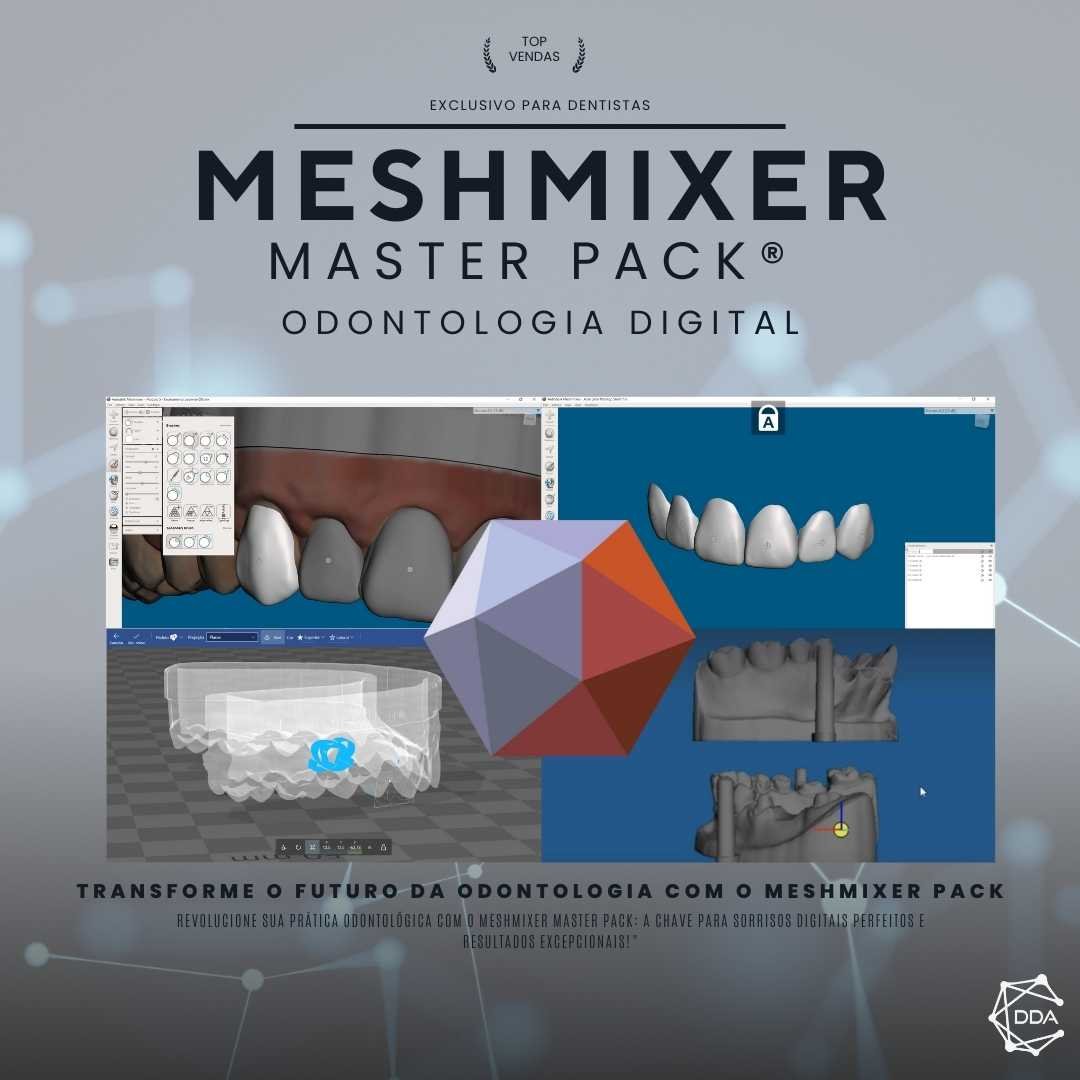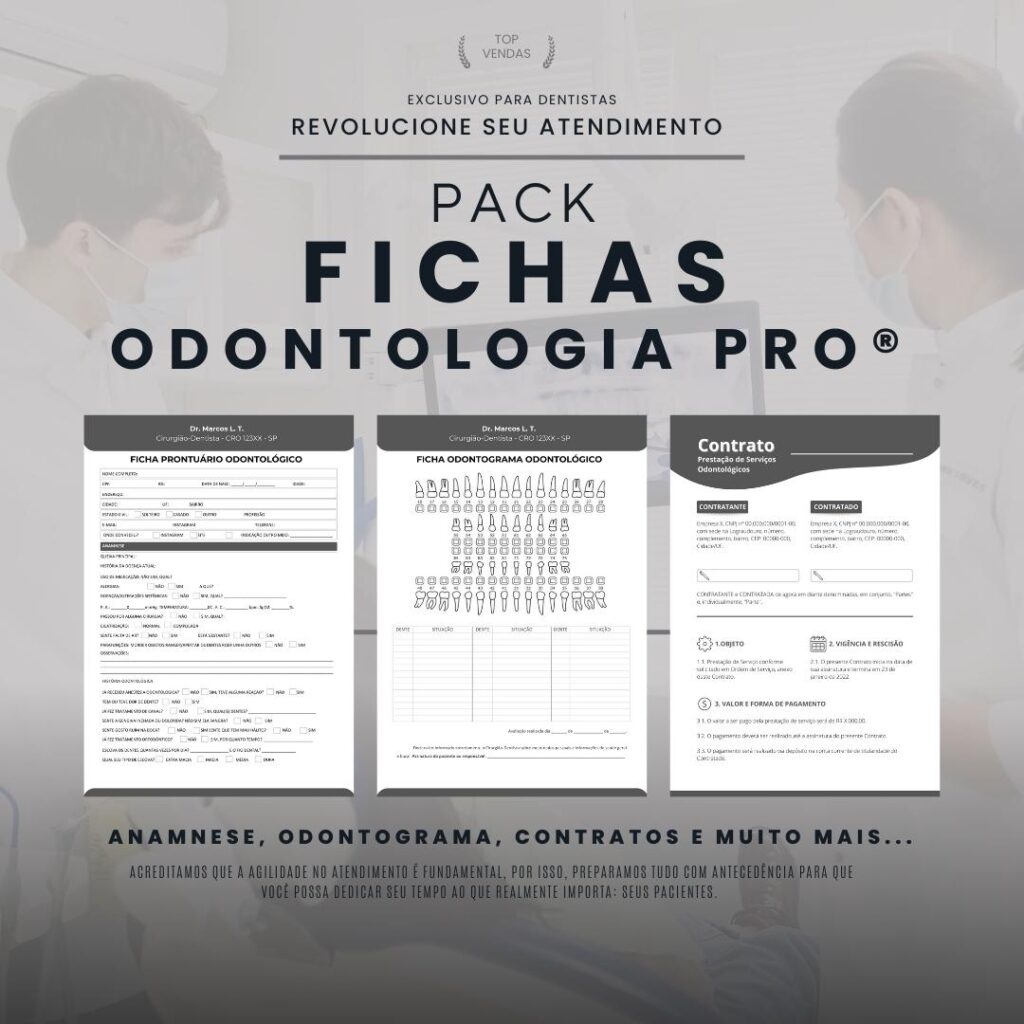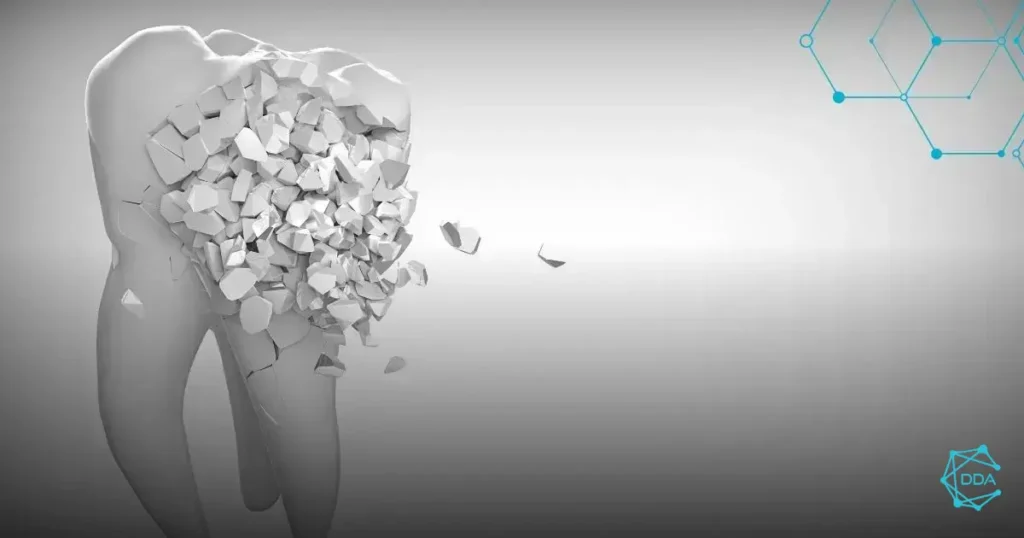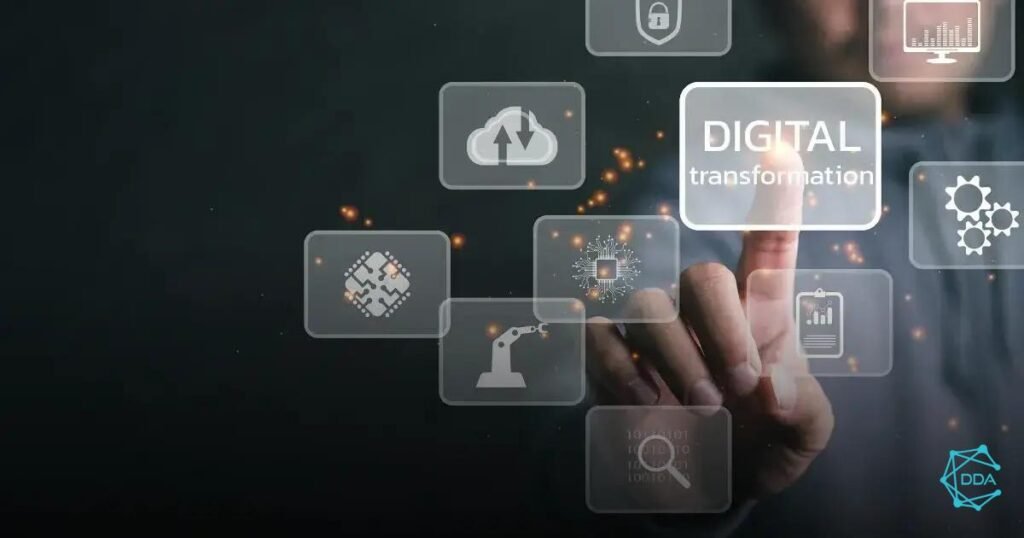What is Meshmixer and why is it important for the dentistry course?
Meshmixer is 3D modeling software developed by Autodesk, widely used for creating and manipulating object meshes. In the context of dentistry courses, Meshmixer plays a fundamental role in creating models and simulations, allowing students and professionals to explore different scenarios and techniques before actually carrying out procedures.
Benefits of Meshmixer for dentistry
Meshmixer offers a number of features and functionality that are especially useful for dental professionals. Some of the key benefits include:
1. Detailed modeling of teeth and oral structures
As Meshmixer, you can create highly detailed digital models of teeth, gums and other oral structures. This allows for better visualization and understanding of anatomical characteristics, helping to identify problems and plan treatments.
2. Preoperative simulations
One of the main advantages of Meshmixer is the ability to perform pre-operative simulations. By combining digital models of a specific patient's teeth and oral structures, dental professionals can test different scenarios and techniques, anticipating results and avoiding possible complications during actual procedures.
3. Customization of prosthetics and implants
The Meshmixer allows the customization of prosthetics and implants, ensuring a perfect and comfortable fit for each patient. Using 3D modeling technology, it is possible to create custom-made prosthetics and implants, taking into account the unique characteristics of each individual.
4. Collaboration and Model Sharing
With Meshmixer, you can share digital models with other professionals, facilitating collaboration and knowledge exchange. This is especially useful in cases that require the opinion of specialists from different areas, ensuring a more complete and efficient treatment for patients.
5. Improvement of technique and diagnosis
Using Meshmixer in the context of a dentistry course allows students to improve their skills and techniques, as well as improve the diagnosis of different dental conditions. By manipulating digital models and carrying out simulations, students can develop their critical and scientific thinking, preparing themselves for real challenges in professional practice.
How to master Meshmixer tools in the context of the dentistry course?
To master the Meshmixer tools in the context of the dentistry course, it is important to follow some steps and practices:
1. Seek technical knowledge
Before starting to use Meshmixer, seek technical knowledge about the software. There are several tutorials and courses available online, which offer detailed instructions on the program's features. Invest time in learning the basics and honing your 3D modeling skills.
2. Practice regularly
Regular practice is essential to master any tool, including Meshmixer. Set aside dedicated time to create models and simulations, exploring different scenarios and techniques. The more you practice, the more familiar you will become with the software's features, improving your skill and accuracy.
3. Explore real cases
A great way to improve your Meshmixer skills is to explore real-life dental cases. Research studies and clinical cases that used the software, analyze the approaches and results obtained. This will help expand your understanding of the possibilities of Meshmixer and develop creative solutions to specific challenges.
4. Stay up to date
Meshmixer is a constantly evolving tool, with regular updates that bring new features and improvements. Keep an eye on software updates and try to stay up to date with new developments. Participating in online communities, forums and discussion groups can be an excellent way to share knowledge and learn from other professionals.
5. Seek the exchange of experiences
In addition to practicing individually, look for opportunities to collaborate and exchange experiences with other dental professionals. Participate in events, workshops and courses that cover the use of Meshmixer, share your knowledge and learn from the experience of other professionals. Collaboration is essential for continuous improvement and for exchanging ideas and tips.
Conclusion
Meshmixer is a powerful tool in the context of dentistry courses, offering features and functionalities that can assist both students and professionals in developing accurate techniques and simulations. Mastering Meshmixer tools requires practice, technical knowledge and exploring real dentistry cases. With dedication and commitment, it is possible to use this tool to improve the diagnosis, planning and treatment of patients, delivering excellent results.







